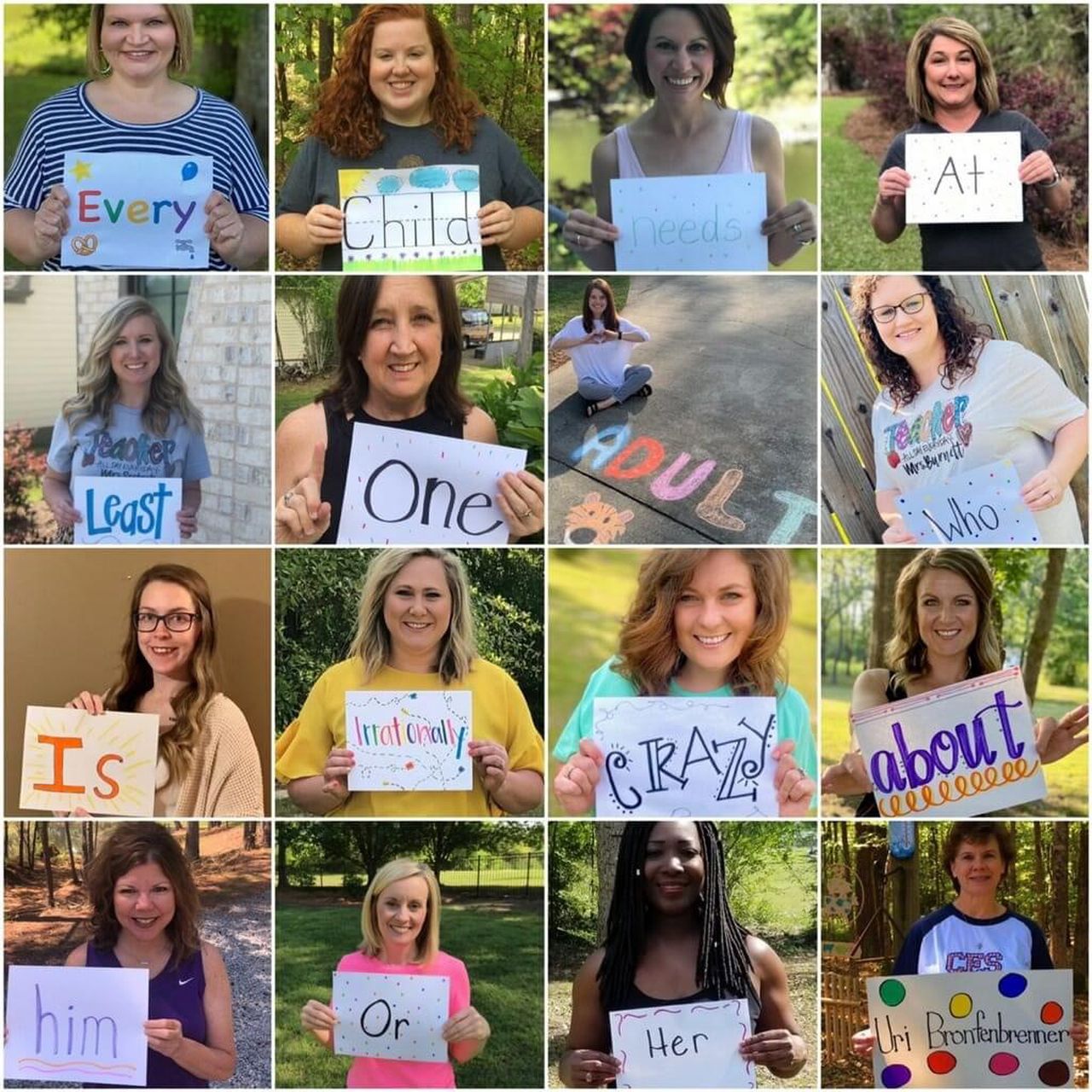Because we can’t take our Early Learning Nation Studio on the road during this time, stay tuned as ELN recaps Top Takeaways from important conversations, panels, town halls and virtual events from the Early Learning field. Read them all and join the conversation! And visit our Early Learning Nation channel on YouTube for interviews with leaders from education, child development, business, politics and more.
On October 8, The Hunt Institute held an online conversation titled “Ensuring Developmentally Appropriate Practice Amidst a Global Pandemic” in conjunction with the National Association for the Education of Young Children (NAEYC), the American Association of School Administrators (AASA) and the Council of Chief State School Officers (CCSSO). The Hunt Institute’s President/CEO Dr. Javaid Siddiqi made introductory remarks, and its Director of Early Learning Dr. Dan Wuori moderated the conversation.
Here are our takeaways:
1. Safety is the #1 priority. All of the participants agreed on this principle, while noting that we can safeguard the health of children and staff without wavering on quality. It’s not one or the other. “Use hand washing time for learning,” recommended Tabatha Rosproy, National Teacher of the Year and an early child educator with the Winfield Early Learning Center. (Read our Early Learning Nation profile here).
Dr. Barbara Cooper, Alabama Secretary of Early Childhood Education, recommended her state’s reopening guidelines. Edward Manuszak, superintendent, Dundee Community Schools (Dundee, Mich) and co-chair of the AASA Early Learning Cohort (and a former kindergarten teacher) said it starts with asking how big of a class can you handle safely and other fundamental questions. (View our Early Learning Nation Studio interview with Manuszak filmed at the 2019 NAEYC Conference.) He also recommended Siddiqi and Wuori’s essay “Learning in the Time of COVID: Maslow before Bloom.”
👉 Read The Hunt Institute’s event summary
2. All we can do is focus on the things we can change. Educators and staff in the early childhood community can follow directives of administrators and public health officials. They can communicate with families and employ best practices in a world that’s constantly changing. They can stay up all night revising lesson plans. None of that will make the crisis go away.
Tamara Johnson, a member of the NAEYC Governing Board and executive director of Malaika Early Learning (Milwaukee, Wis.) said self-care still matters: “Offer patience, grace and kindness to yourself.”
3. There’s no time like the present. Siddiqi conceded that this is a time of upheaval. “We spent years advising against screen time,” he said. “Now we’re on screens all the time.” The uncertainty means there is no status quo to cling to.
Dr. Cooper said the ability to adapt is central to meeting the challenge: “This is a moment to find our voice, to be a voice for children living with inequities.” Johnson pointed to NAEYC’s statement on equity, which declares, “All children have the right to equitable learning opportunities that help them achieve their full potential as engaged learners and valued members of society” (read more).
The participants agreed that the intersection between Covid and social justice issues presents an opportunity. “Families still have to go to work, and we simply don’t have enough child care,” Rosproy noted. “So what happens is unsafe child care.” She said everyone on the call should be advocates for families in those situations.
4. Early childhood professionals are endlessly inventive. “Leave it to early childhood teachers to get through just about anything,” Wuori remarked, recalling a photo of a teacher whose face was concealed by a mask but whose T-shirt showed herself smiling and the words “It’s me.” Dr. Cooper said some Alabama teachers have played guitar to their Zoom pupils.
Rosproy stated, “Teaching is about 90% theater” and said this maxim is especially true on remote learning platform. “Do not be afraid to be a fool,” she advised. “Kids are going to know if you’re excited to see them or if you’re frustrated.”
 Manuszak displayed a hand puppet of a groundhog and said it helps him read stories. He also observed that more teaching goes on outside lately. “Teachers are making it happen,” said Johnson, “regardless of the curveballs coming their way.”
Manuszak displayed a hand puppet of a groundhog and said it helps him read stories. He also observed that more teaching goes on outside lately. “Teachers are making it happen,” said Johnson, “regardless of the curveballs coming their way.”
5. Alabama is leading the way. Only Alabama, Michigan, Mississippi and Rhode Island meet or exceed all 10 of the benchmarks that the National Institute for Early Education Research (NIEER) measures to determine a program’s quality. And Alabama has made the list 14 years straight. Dr. Cooper credits the leadership of Governor Kay Ivey as well as digital tools such as the Born Ready learning management platform—which prominently displays Vroom.
Alabama Governor Kay Ivey on Friday, July 10, 2020, announcing the final report and recommendations of the Alabama Campaign for Grade-Level Reading

Mark Swartz
Mark Swartz writes about efforts to improve early care and education as well as developments in the U.S. care economy. He lives in Maryland.



